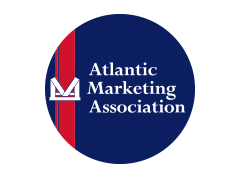Keywords
article impact factor, Boyer's model of traditional research, publication strategies, scholarship
Document Type
Proceedings Abstract
Included in
Advertising and Promotion Management Commons, Marketing Commons, Sales and Merchandising Commons
Examining the Role of Impact Factors: Publications Strategies: What are Your Career Goals and What Do You Want to Accomplish?
The classical reasons for publishing include benefit for the community and humanity, new knowledge, integration or packaging of knowledge for distribution, benefit for yourself in terms of recognition and merit, learning, self-esteem and confidence, and must keep my job (short-term vs. long term). Some of the questions that I will attempt to discuss and resolve in this special session are the following: How do I determine where I should publish? How do I develop a plan to publish? How do I prepare a manuscript to a journal or a conference? How do I write different genres of research articles and what are their differences? What are the criteria that determine the survival of the manuscript in the review cycle and how can I improve my chances of increasing the likelihood of being successful? What are the rules that determine authorship and what are the ethical principles of publishing? How do I improve my writing skills? How do I manage and develop my publication portfolio over time? I will send considerable time discussing how to evaluate your sources and discuss implementation of strategies based on themes of Audience (i.e., who are the intended readers and what is the publication's purpose? There is a difference between a magazine and/or trade journals written for the general public and a journal written for professors and experts in the field; Relevance (i.e., Does this article relate to your topic? What connection can be made between the information that is presented and your thesis? Checking for relevance by reviewing the Abstract or Summary of the article before downloading the entire article); and Perspective (i.e., Biased sources can be helpful in creating and developing an argument, but make sure you find sources to help you understand the other side as well; extremely biased sources will often misrepresent information and that can be ineffective to use in your research.
